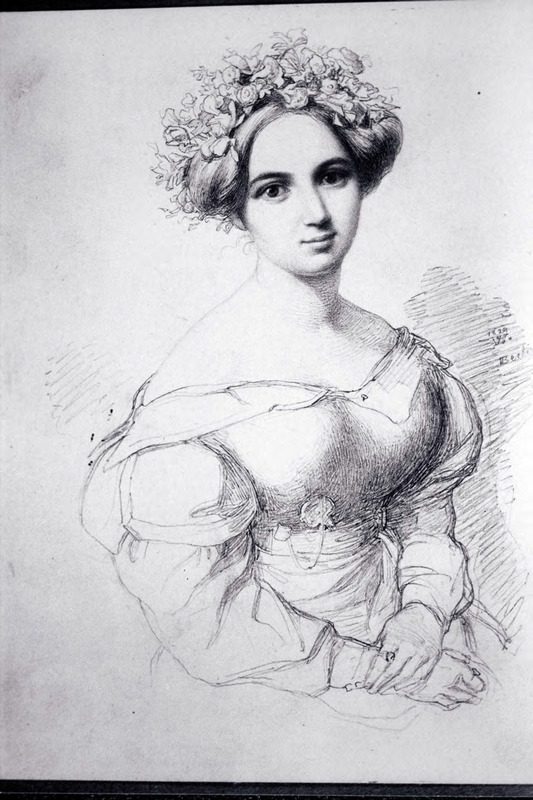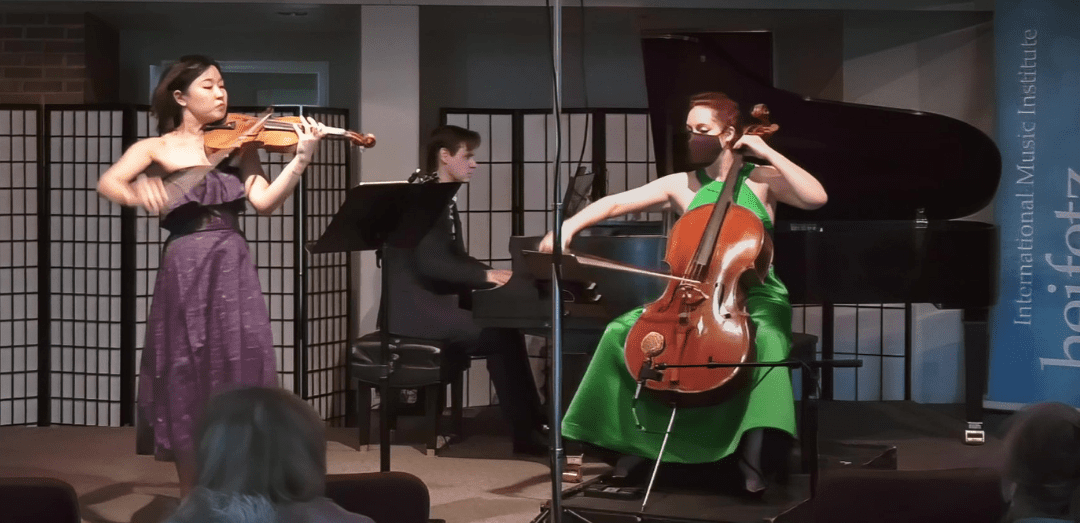Video of the Week:
Fame In Her Own Name: Fanny Mendelssohn's Piano Trio View All Heifetz Videos of the WeekMusic will perhaps become his [Felix Mendessohn’s] profession, whilst for you it can and must only be an ornament, never the root of your being and doing.
– Abraham Mendelssohn, in a letter to his daughter Fanny Mendelssohn

Felix Mendelssohn’s older sister Fanny Mendelssohn (1805-1847) composed more than 460 works, many of them first published under Felix’s name owing to the customs of the time. But the ruse was inadvertently outed by Queen Victoria! After a Buckingham Palace performance, Victoria singled out one of Felix’ songs for praise, only to have the composer confess that it was his sister’s handiwork!
Her mother bragged at her birth that she was born with “Bach fugal fingers,” and sure enough, by the age of fourteen, Fanny Mendelssohn could play the entirety of Bach’s Well-Tempered Clavier from memory. But her father- not to mention polite society – was having none of it. Thus, one of the most gifted (and prolific!) musicians of her time was forced to perform only in her home, and to publish the vast majority of her works in secret.
It was only in the last year of her life that Fanny Mendelssohn started publishing works under her own name. One of her very last compositions, completed just a few months before her death, was her Piano Trio in D minor, realized her at our springtime Heifetz Ensemble in Residence concert “Mystics, Muses, and Mothers.” Violinist Yezu Woo, cellist Noémie Raymond-Friset and pianist Michel-Alexandre Broekaert perform the final two movements: Lied, which means “song” in German; “indeed this lovely little Allegretto is a charming Song Without Words of the sort Felix made famous,” the publisher notes. “The finale, Allegro moderato, has a lengthy piano introduction before the strings finally join in. The somewhat heavy, Hungarian-sounding theme has a sad but not quite tragic aura to it…Here is a lovely mid-romantic trio with many fresh ideas. It is a pity that it has never received the audience it deserves.”


